Valve signed the deal for Counter-Strike 2 because they were "running on fumes" in 2003. Gabe Newell made a celebratory blade with his hands.
Valve released a new documentary to celebrate Half-Life 2's twentieth anniversary. This period was also arguably the birth of the company. The story includes not only the difficult development of Half-Life 2, but also Valve's legal battle with Vivendi during these years.
Vivendi's subsidiary Sierra Entertainment had published Half-Life, and the IP was owned by them. However, they had overstepped their bounds when they sold Counter-Strike, a Half-Life modification, in Asia without Valve knowing. In a nutshell, Valve wants to regain control over Half-Life and Vivendi is trying to force Valve to give up the IP. They are using some nasty tactics, like making Gabe Newell’s wife part of the lawsuit.
It dragged out for years and Newell was forced to leverage himself to the point of near-bankruptcy to keep Valve afloat. Scott Lynch, the COO of Valve, who had ironically managed Sierra in the previous, was desperately trying ink deals to keep the studio fighting and going. So it was that Counter-Strike 2 - a game which would be released in 2023 - became almost a makeweight for a Half-Life 2 agreement.
"I began working on a contract with a major publisher for Counter-Strike 2," Lynch says. "We're ready to sign, so we're there. We're kinda running on fumes by that point. Then you get a call saying, 'yeah, we changed our minds. We're not going to do the deal. I remember a conversation with Gabe. He was like,'so we're fucked?' I said, 'Well, we're kinda screwed.
"We could probably reformat all we're doing, but that would mean we layoff people and still have the uncertainty of what will happen in the litigation."
Valve needed a cash infusion to keep the lights on. With Vivendi lawyers circling and Half-Life 2 a long way off, they needed a cash infusion. Lynch says, "I immediately began chasing another publisher." "We were able get a deal with another publisher to release Counter-Strike 2." When we made the deal, Gabe was a huge fan of knives. As a gift for both parties, he created a knife with the Counter-Strike 2 logo on it.
Newell's knife addiction is well-known. But the fact that he built a Counter-Strike 2 custom knife (shown on the video) is a new one: Wonder what it would fetch on the local market? Lynch dates the deal roughly to May 2003, though he doesn't specify the publisher. However, a reasonable guess is Electronic Arts, who did end up selling Half-Life 2 in retail stores (although the game was primarily sold through Steam). This could also be the reason why the publisher changed their mind at some point.
"The deal structure was that after we shipped Half-Life 2, you could decide to cancel the deal, and we would pay you back the money," says Lynch. "That's what happened." So... maybe the right choice, since it took us so long to ship Counter-Strike 2.
Lynch can't stop smiling at the memory. It's easy to see why: "Through more depositions Vivendi figured that we'd gotten a new infusion of money, and they kind of lost their minds trying to figure out what happened? Because part of their strategy was to run us out of cash."
Spoiler alert: Vivendi didn't run Valve out money. In April 2005, Valve was vindicated in the lawsuit. Vivendi stopped distributing Valve games at retail. The licenses were returned to Valve.
Valve took 20 years to develop Counter-Strike 2? I'm joking, of course. It's possible that the game Lynch calls Counter-Strike 2 was what eventually became 2004's Counter-Strike Source. This was the first Counter-Strike to be built on the Source engine, and it was co-developed by Valve with Turtle Rock. It shipped as part of Half-Life 2 retail packages before a separate release.
The entire documentary is worth watching for these nuggets, from staff days spent photographing cranes to Gabe Newell’s thoughts on the future of the Half-Life series. There's even a hint at what's coming: "I believe that Half-Life is a tool and promises made to our customers," says Newell.
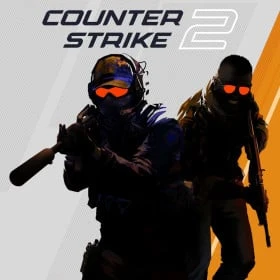
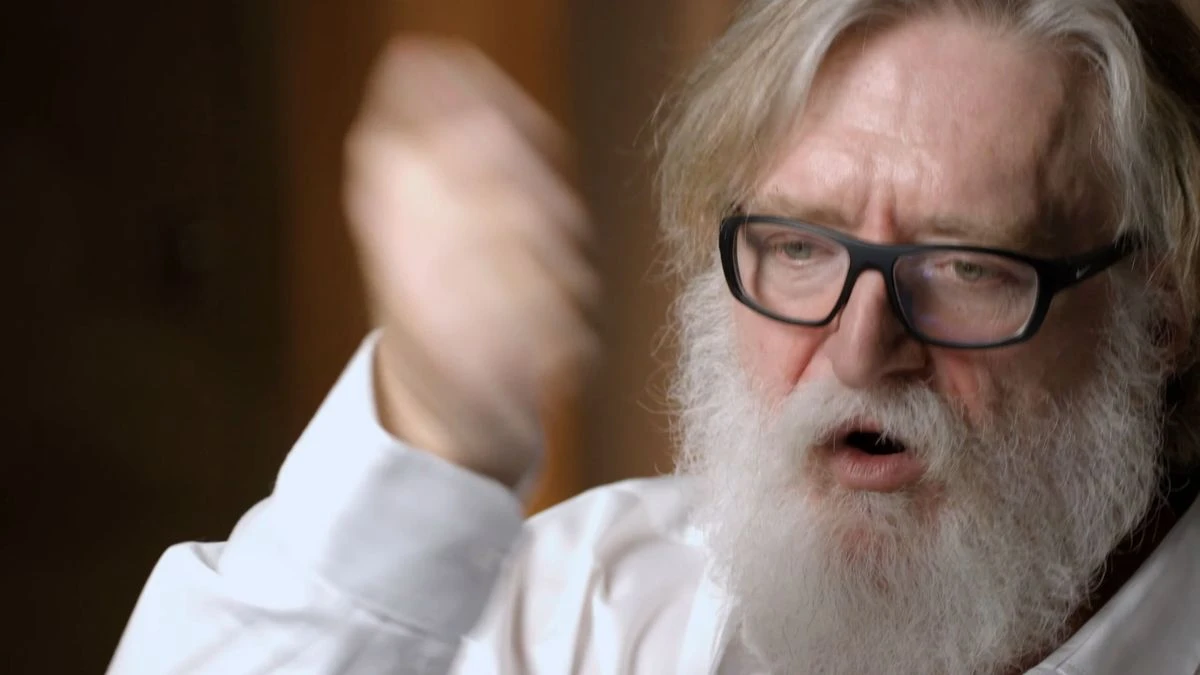
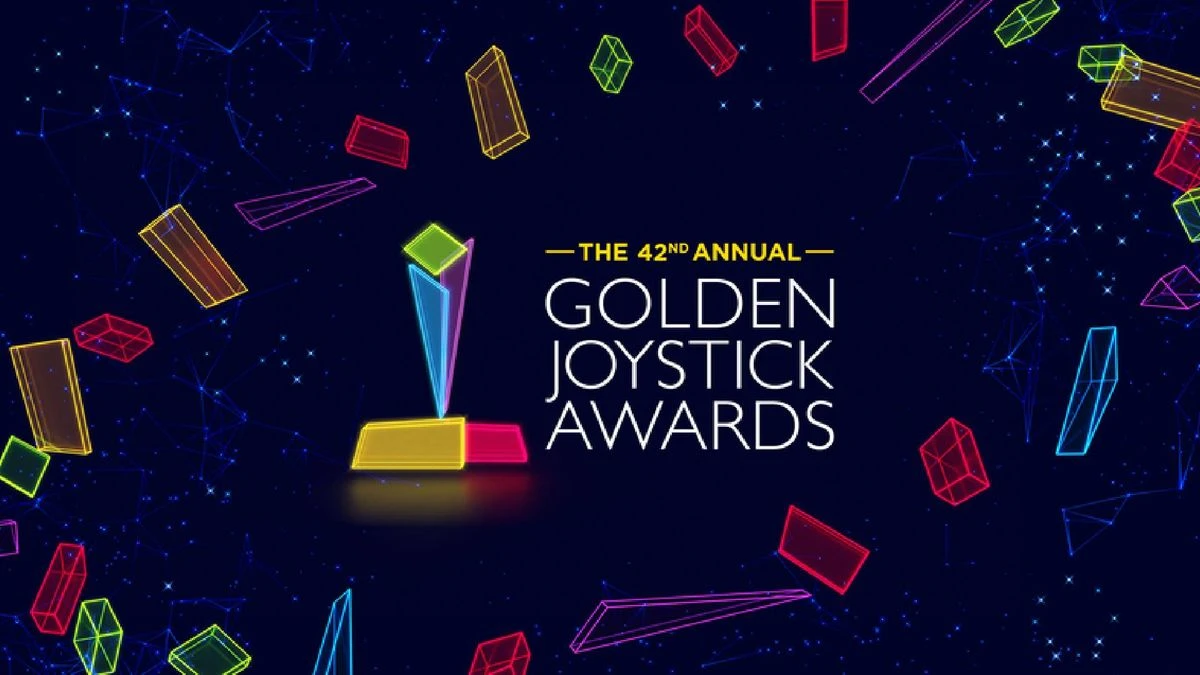
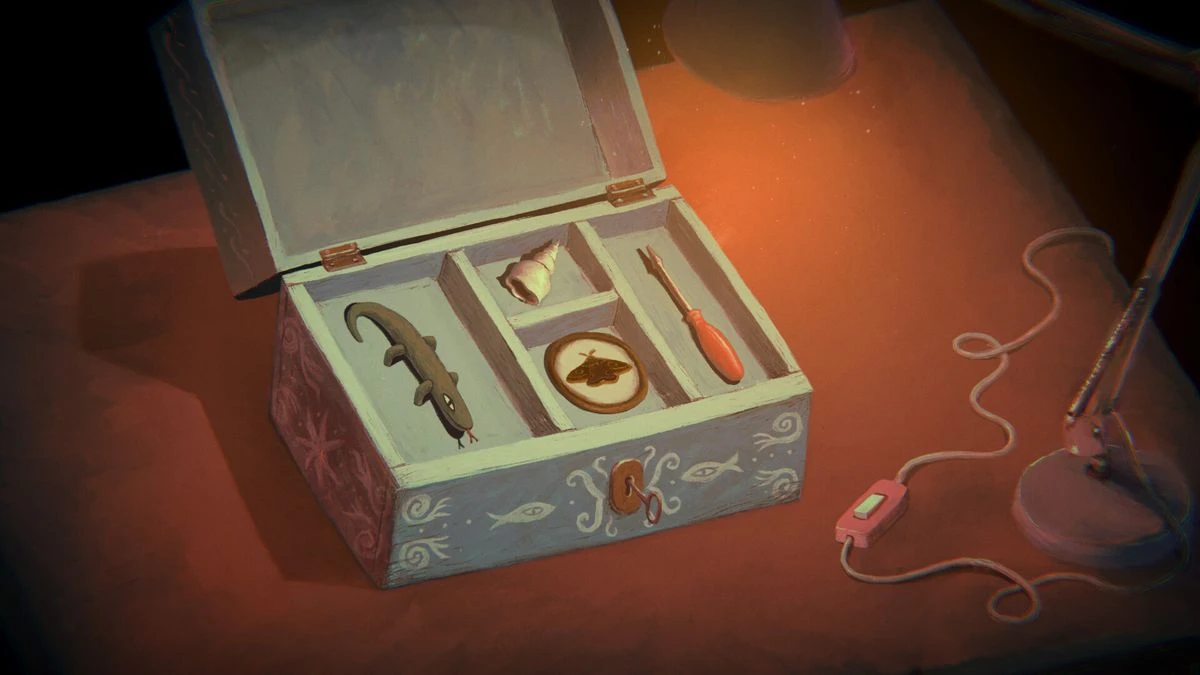
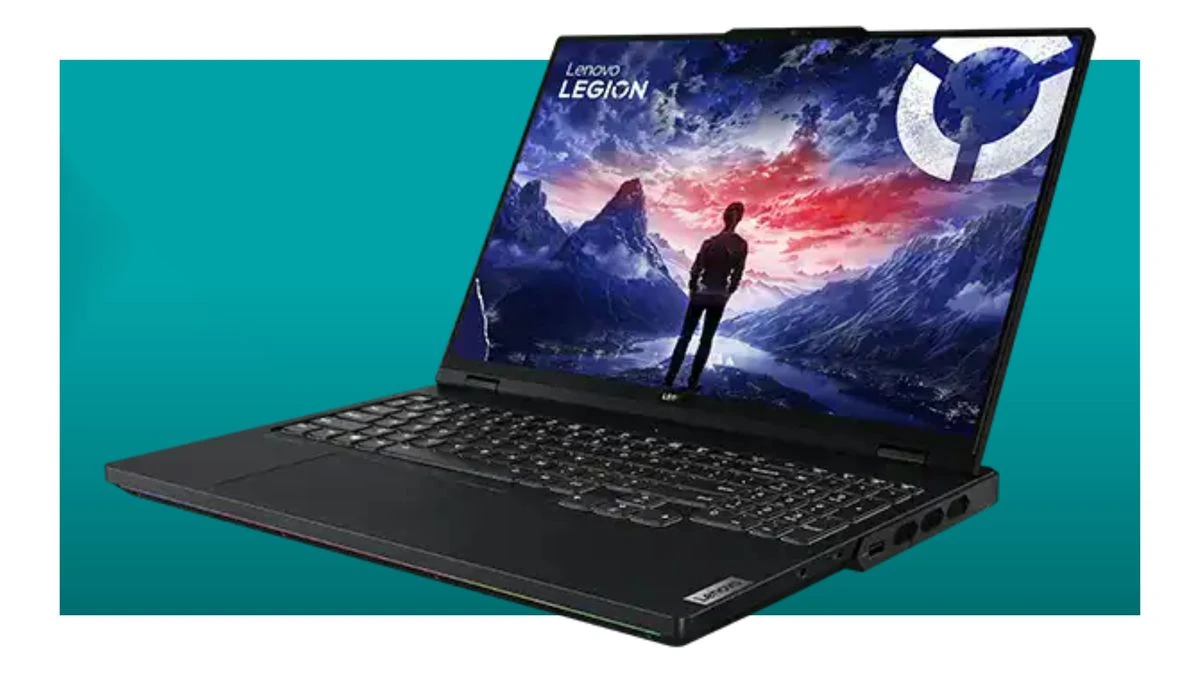
Comments